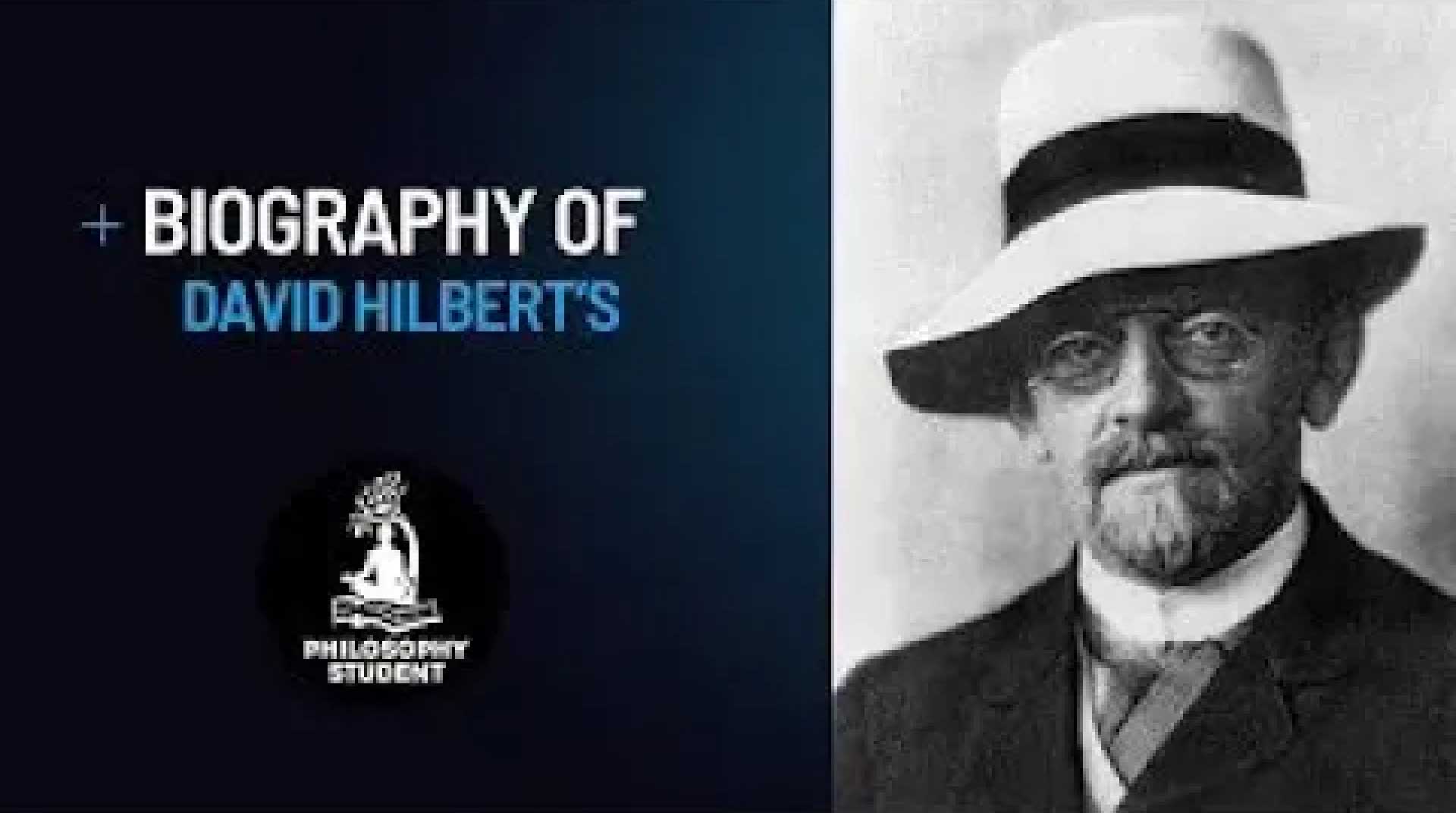Although identified primarily as a mathematician who made several fundamental breakthroughs in the field, David Hilbert’s work in proof theory and other aspects of mathematical logic have given him a significant place in logic and analytical philosophy. Of central importance was “Hilbert’s Program,” a call to formalize all mathematics in axiomatic form, thereby bringing mathematics and philosophy under the same intellectual umbrella.
David Hilbert was born in Prussia (either in Königsberg or Wehlau [modern Znamensk]) on January 23, 1862. He enrolled in the Friedrichskolleg Gymnasium in 1872 but in 1879 transferred to the more science intensive Wilhelm Gymnasium, from which he graduated. He then enrolled in 1880 at the University of Königsberg, from which he earned a doctorate in 1885, with a dissertation titled “On the Invariant Properties of Special Binary Forms, in Particular the Spherical Harmonic Functions.” The university appointed him a Privatdozent (lecturer), a post in which he served from 1886 to 1895 before being appointed Professor of Mathematics at the University of Göttingen. Hilbert remained at that institution for the rest of his life and was instrumental in elevating it to recognition as the foremost center of mathematics in the world.
From 1925 until the end of his long life, Hilbert suffered from debilitating pernicious anemia, which diminished his creativity. He died on February 14, 1943, having lived long enough to witness the dismantling of Göttingen’s mathematics department by the Nazi purge of Jewish faculty.
In the early 1920s, Hilbert published his proposal to formalize all of mathematics in axiomatic form, together with a proof that the axiomatization of mathematics is consistent. This bold step forward in epistemology and mathematics was known as Hilbert’s Program. Eminent logicians, including Paul Bernays, Wilhelm Ackermann, John von Neumann, and Jacques Herbrand, were drawn into the work of furthering Hilbert’s Program. But in 1930- 1931, Kurt Gödel published his two “incompleteness theorems,” which demonstrated that even elementary axiomatic systems such as Peano arithmetic are either self-contradicting or contain logical propositions that are impossible to prove or disprove. To many, this seemed the death blow to Hilbert’s Program—and to what might have been a major pillar of epistemology. Still, Hilbert’s work has continued to drive the development of proof theory, one of the central interests of analytic philosophy.




































